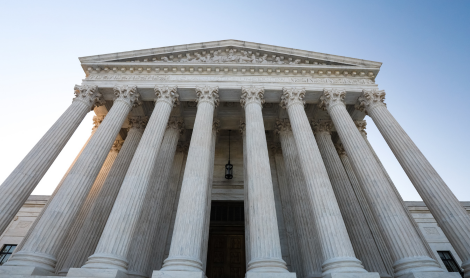The audit released today by the Massachusetts State Auditor of the administration of the charter school program by the Board of and Department of Elementary and Secondary Education (BESE and DESE) misses the forest for the trees.
No one questions the need for confidence in the state’s handling of school data, but administrative issues should not obscure successful outcomes. The Massachusetts charter office oversees one of the most vibrant and high-performing charter sectors in the nation. This is due in large part to its record of rigorous application processes, comprehensive oversight, and prudent decisions on renewal and revocation of charter school contracts.
It’s troubling that the report raises concerns about charter renewal based on questionable priorities such as “sharing of innovative programs.” The law and DESE’s renewal frameworks properly put the emphasis on student achievement and the accomplishment of charter goals.
Over the years, this office has been a source of innovation and exemplar of strong authorizing practice. As the issues raised today are resolved, we fully expect Massachusetts to retain and enhance its leadership role among charter authorizers.
View Press Release PDF

